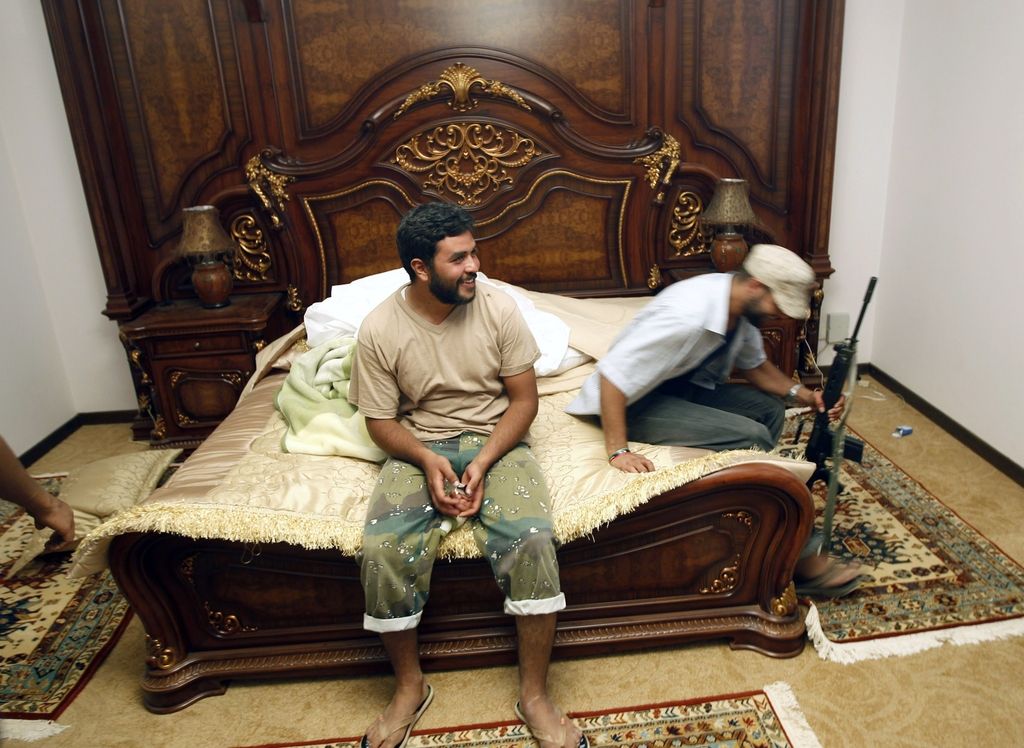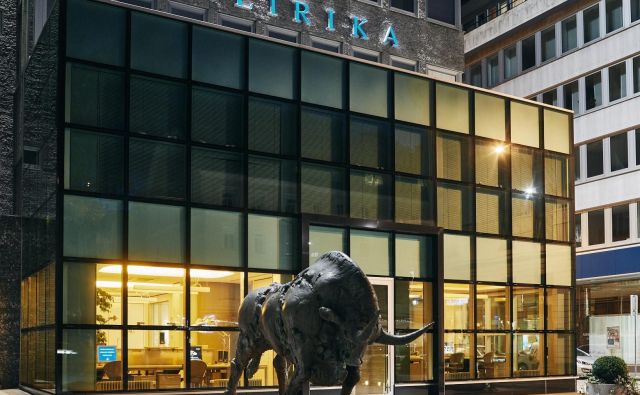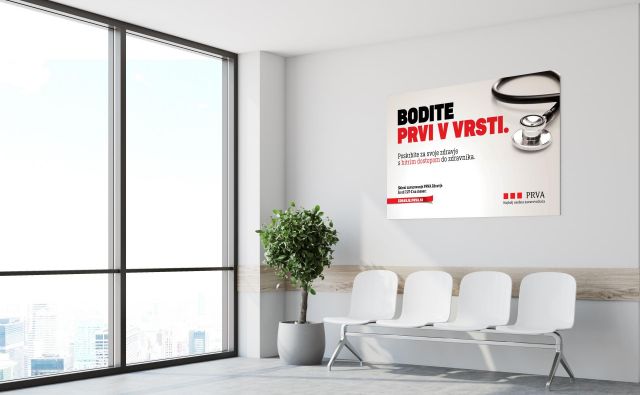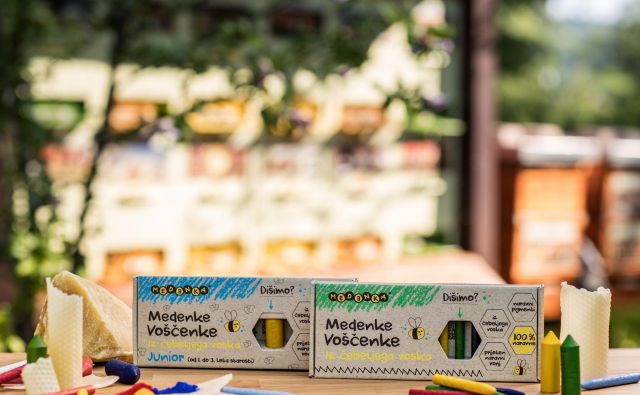Now, as the former subjects of Colonel Muammar el-Qaddafi comb through his family's estates, farms and seaside villas, the properties are revealing the details of lives lived far removed from the people, and ones filled with the signs of their peccadilloes and rivalries.
At one farm, horses wandered by marble statues of lions, tigers and bears, and on a sun-baked day, reindeer grazed by the deck of an empty pool. At the home of one son, Saadi, there were signs of a life mundane in its seeming frustration.
A man who drifted through stints as an athlete, soldier and Hollywood producer, Saadi kept the English-language selfhelp book "Success Intelligence" in his master bedroom.
Given Colonel Qaddafi's noted flamboyance, the residences of the House of Qaddafi were not quite as grand as people might have supposed.
They lacked the faux grandeur of Saddam Hussein's marbled palaces. There are no columns that bear the colonel's initials, or fists cast to resemble his hands, or moats with voracious carp.
But in Baghdad and Tripoli , the physical remains of the leader's rule still projected the distance between power and powerlessness. As rebels and residents picked through the detritus of the Qaddafis' lives, there was a sense of laying claim to a count ry commandeered by the Arab world's longest-ruling leader - and speaking their minds without fear about the country they have inherited, and the leader they hope they have left behind.
"For somebody who's very rich, he was very cheap," Fuad Gr i t l i said as he drove through a sprawling parcel near the airport known as the Farm, where Colonel Qaddafi lived.
In the sanctum of the Farm, there are rolling, irrigated fields. Camels wandered unattended. Still standing was
a tent where Colonel Qaddafi met foreign dignitaries, its canvas decorated with pictures of camels and palm trees.
NATO bombers dest royed an unf inished Moroccan-style house, other tents built with more expensive canvas and bunkerstyle concrete buildings for official use.
As Mr. Gritli and a friend drove along roads that seemed to lead nowhere, they shook their heads. Rebels rolled through a compound still not secure. So did looters.
"We weren't allowed to get anywhere near, not even the gate," Mr. Gritli said of the years before the revol t that shat tered the colonel's hold on power.
"Qaddafi was not living like a richman, I admit that," said Malik el-Bakouri, a 27-year-old doctor from Tripoli, as he drove past a guesthouse where water cascaded from a broken pipe in a city suffering from a shortage of it. "But his sons, all the people in his tribe, and all the families around him lived good, and they lived good for 40 years."
The villas of some of Colonel Qaddafi's sons on a sand bluff overlooking the Mediterranean were not lavish; the brown paint on the patio decks was peeling, and they had a distinctly 1970s feel. But to the young fighters roaming through the quarters of one son, Hannibal, there was just enough luxury to inspire envy in a country whose wealth was squandered.
On a black granite bar, there were cases for expensive whiskey and Champagne, all empty. The patio opened to a spectacular view of turquoise waters.
"All I can ask is why?" said Serajeddin Zintani, carrying an Israeli-made rifle.
"Why can't we live like this, the good life? Every day you walk out and see the sea."
Muatassim, another of Colonel Qaddafi's sons and the country's national security adviser, surrounded himself with more luxury. A driveway with a fountain featuring four horse-drawn carriages led to a pool bungalow, with Roman columns at the ent rance and topped by gold domes.
Mohamed al-Hutmani, who lived nearby, walked around the grounds, through the lemon trees and olive groves that covered several acres.
"We were not allowed to stop our cars on the street," he said. "It was impossible to think that I would enter this place."
 Tiskane izdaje
Tiskane izdaje























